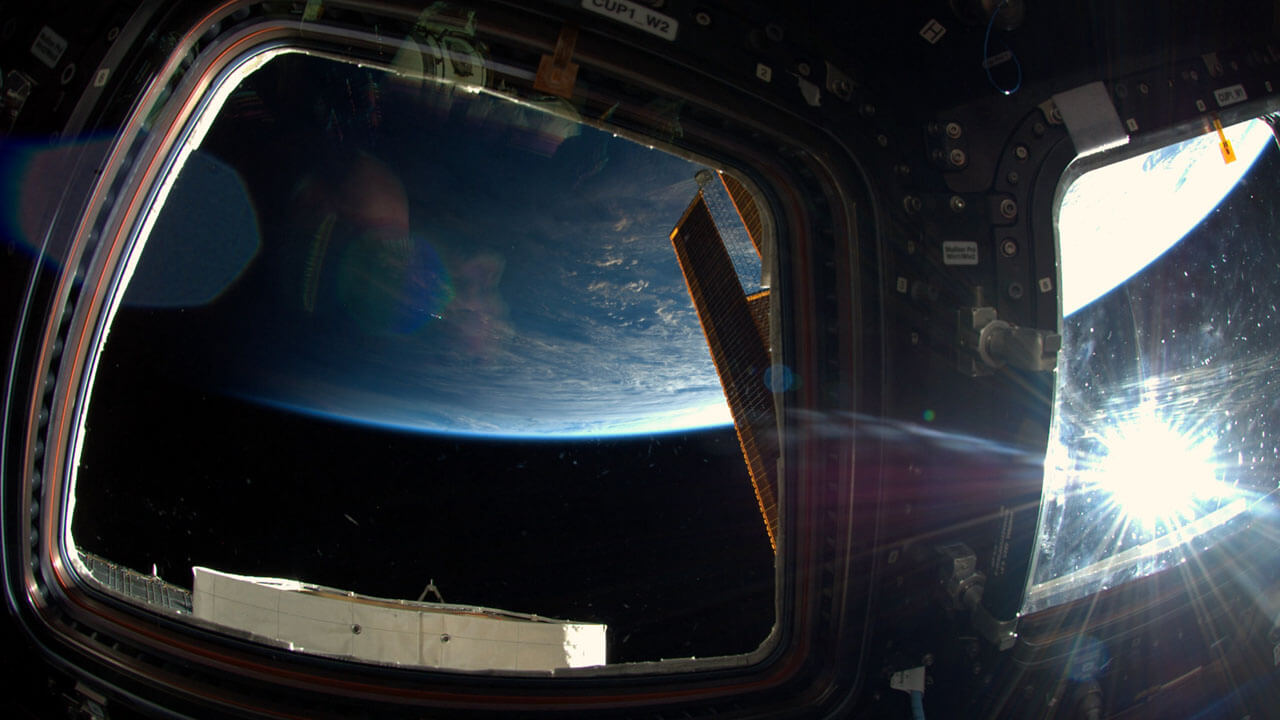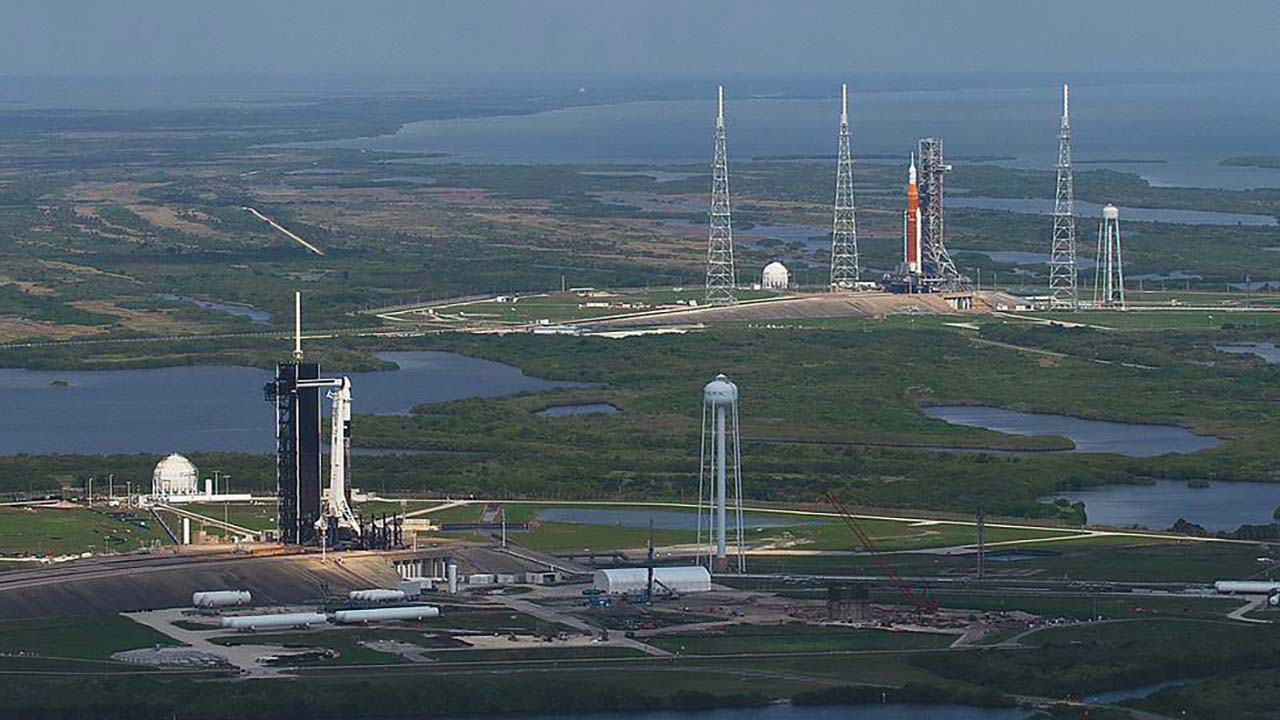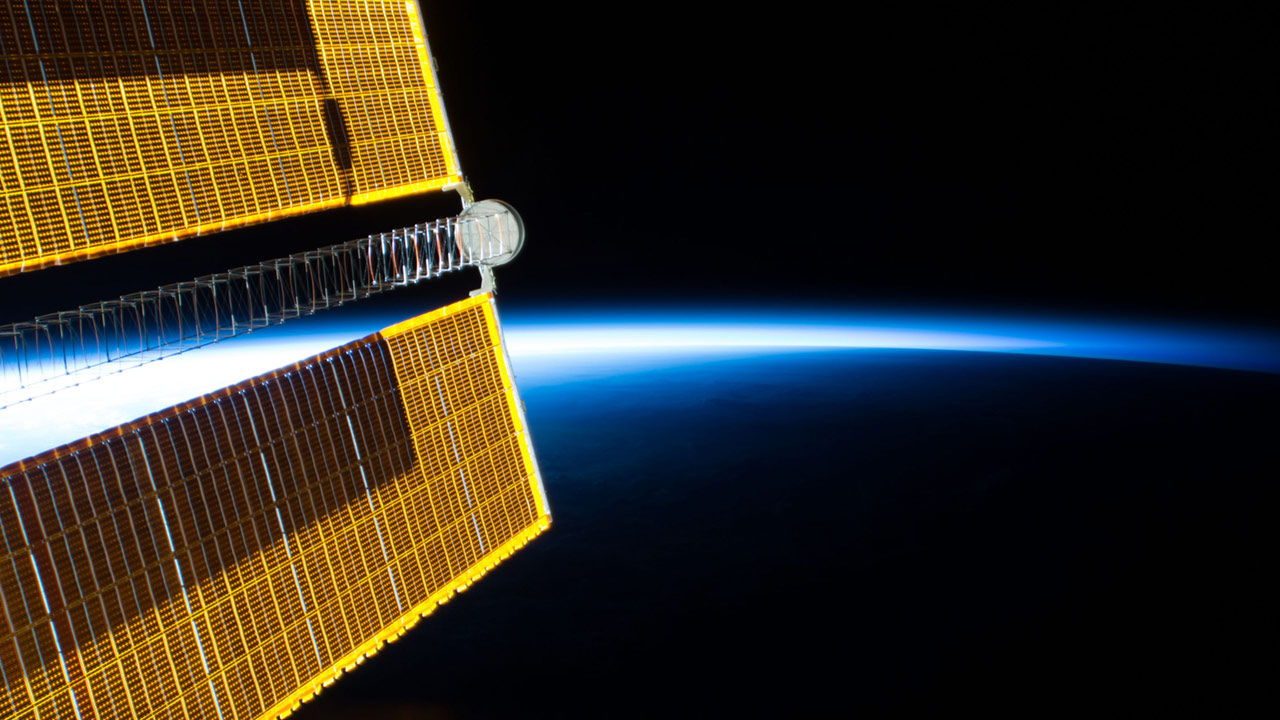Students in Wisconsin eagerly awaited the return of the SpaceX CRS-14 Dragon capsule last month, which carried their space-grown crystals back to Earth. The students, winners of the 2017 Wisconsin Crystal Growing Contest, had sent their investigation to the ISS National Lab to test their optimized conditions for Earth-based crystallization against microgravity-based crystallization. Although the students are still in the process of comparing their space-grown crystals with ground controls, they were excited to find crystals in each of the space station sample bags.
The contest, held by the Molecular Structure Laboratory of the University of Wisconsin–Madison Chemistry Department, invited Wisconsin students ages 11 to 18 to try to grow the biggest and highest-quality single crystal on the ground. The winning students then had the opportunity to adapt their Earth-based crystallization methods for a flight project to the ISS National Lab.
“The Wisconsin Space Crystal Mission experience motivated the student participants to apply themselves in new areas and grow as scientists,” said Ilia Guzei, director of crystallography at the University of Wisconsin–Madison. “They learned to work with scientific literature, plan and execute experiments in a laboratory setting, and keep a laboratory journal. Importantly, they learned to communicate and collaborate with fellow students because this project united students from different geographical locations in Wisconsin.”

Students on the ground preparing samples
Media Credit: Image courtesy of CASIS
Through their experience, the students learned that the ISS is an optimal platform for molecular crystal growth because crystals grown in microgravity are often larger and more well-ordered than Earth-grown crystals. Space-based crystallization of organic and inorganic molecules has the potential to significantly benefit life on Earth through numerous applications, and several companies are already taking advantage of the ISS National Lab to advance their crystal growth research and development.
As a first step in developing a long-term crystallization program onboard the ISS National Lab and to discuss how to inspire the next generation through crystallization educational opportunities, CASIS held a workshop in 2015 to gather input from experts in the field of protein crystallography. Based on recommendations from the workshop, CASIS established an ISS National Lab Microgravity Molecular Crystal Growth (MMCG) Program.
On July 19, CASIS will hold a second MMCG workshop at the Hauptman-Woodward Medical Research Institute in Buffalo, New York, just prior to the 2018 American Crystallographic Association’s annual meeting in Toronto, Canada. At this workshop, participants will discuss progress made toward the goals outlined in the 2015 meeting, review new opportunities, and identify forward plans for both streamlined commercial use and continued educational programming. For more information on the upcoming MMCG workshop, visit www.iss-casis.org/workshops/2018-mmcg.

The 2017 Wisconsin Crystal Growing Contest winners and their families at Kennedy Space Center in April







